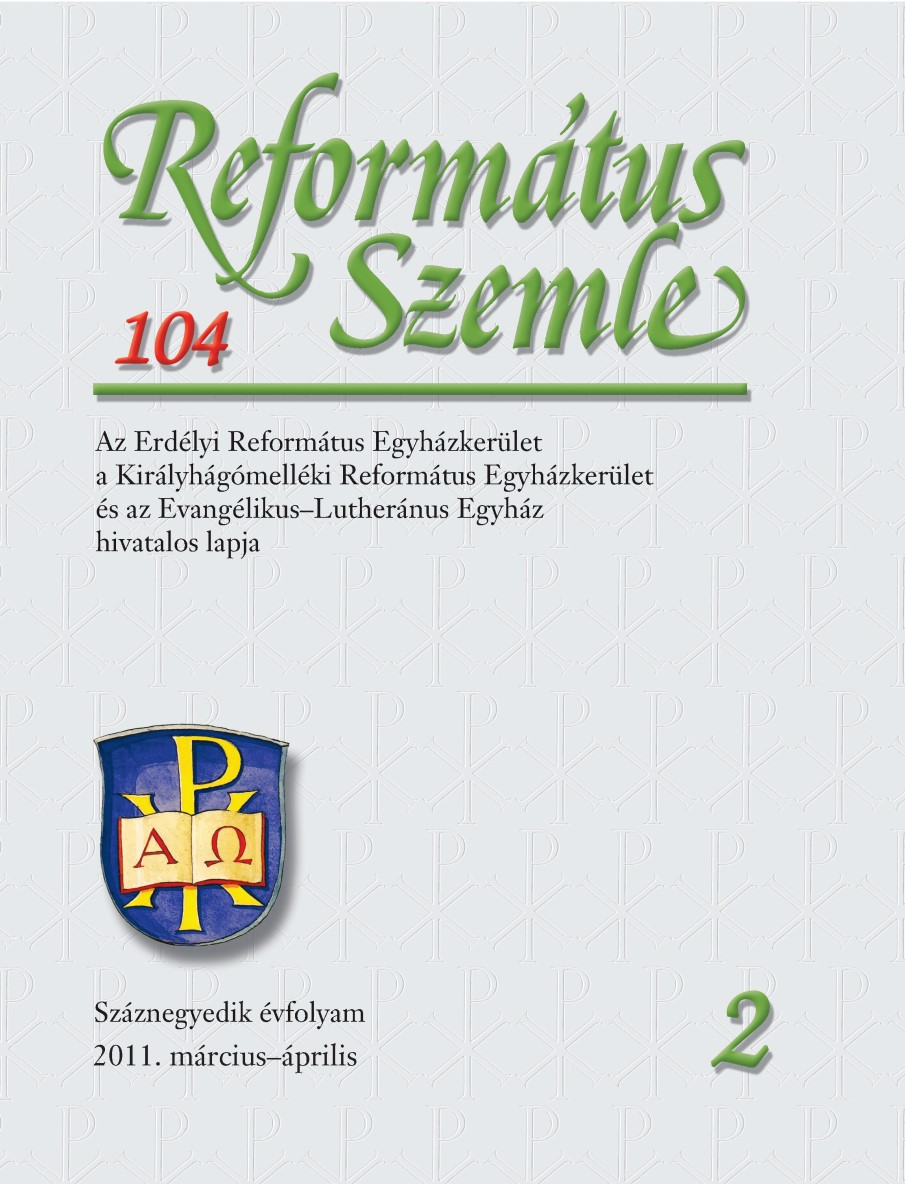Kálvin és a Biblia
Calvin and the Bible
Author(s): György BenyikSubject(s): Christian Theology and Religion, Theology and Religion, Biblical studies
Published by: Erdélyi Református Egyházkerület
Keywords: Calvin; Bible commentary; Bibliander; Bullinger; Capito; David Kimchi; Erasmus; Estienne; Marlorat du Paquier; Musculus; Oecolampadius; Pellikan; Servet; Vatablus; Vermigli; Zwingli
Summary/Abstract: John Calvin was one of the most learned and well-known reformers. Although it was him who organized the Church of Geneva to become the “Protestant Rome”, he is not a personality beyond dispute. The trial of Michael Servetus (1511–1553) had a negative effect on his popularity. Furthermore, his system was made famous or rather infamous by Max Weber, who, unwittingly considered Calvin to be the main ideologist of capitalist economy. Although he himself also translated Biblical texts into French and took a great part in translating the French Bible, Calvin is not remembered to have been a Bible translator like Martin Luther. Having studied the seven free arts, he could have become a priest. Instead, he published his first book, a commentary on De Clementia by the Stoic philosopher Seneca and finished his law studies. It was only during this period when he manifested an interest in theology and yet he can be considered to be the establisher of a theocratic state in Geneva. Generally, most Catholic scholars study his work entitled Institutio Religionis Christianae. It needs to be added, however, that beyond his incredibly dynamic church-organizing activities, Calvin was the most assiduous commentator on the Bible, doing even more work in this field than Martin Luther. This is why this present study is dedicated to Calvin the Bible commentator in light of his biography, together with a comparison between his work and that of the Swiss Bible scholars.
Journal: Református Szemle
- Issue Year: 104/2011
- Issue No: 2
- Page Range: 125-148
- Page Count: 24
- Language: Hungarian

